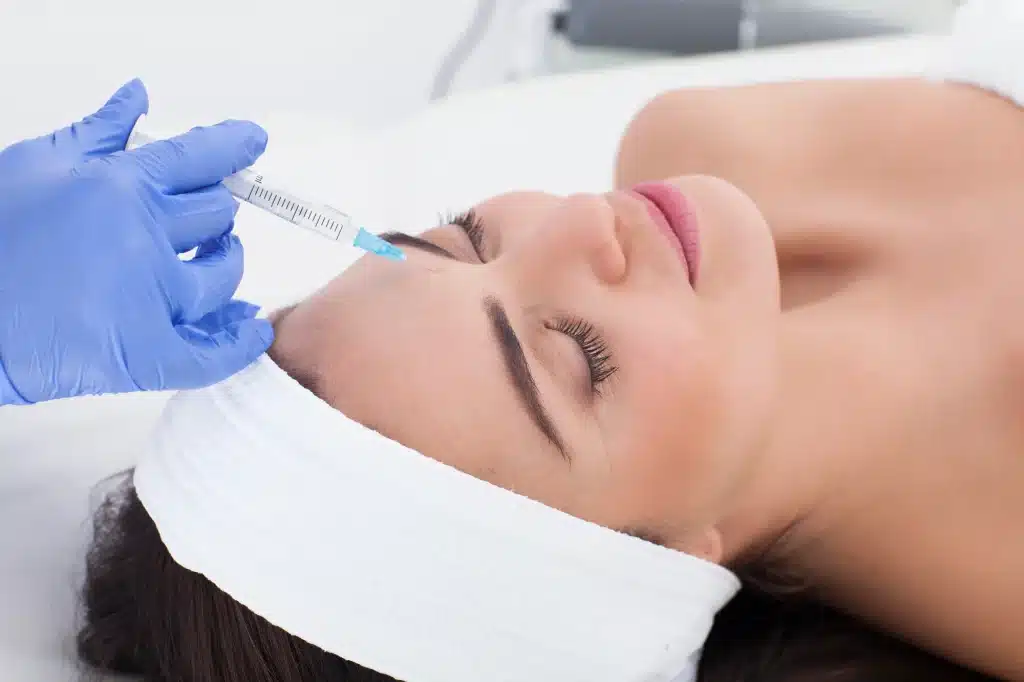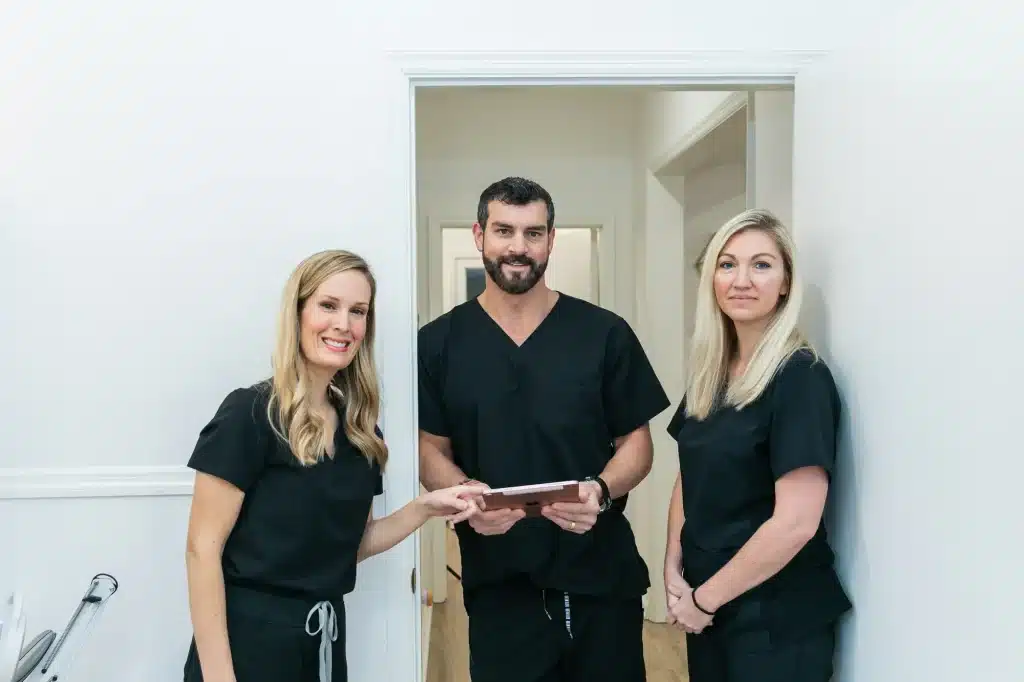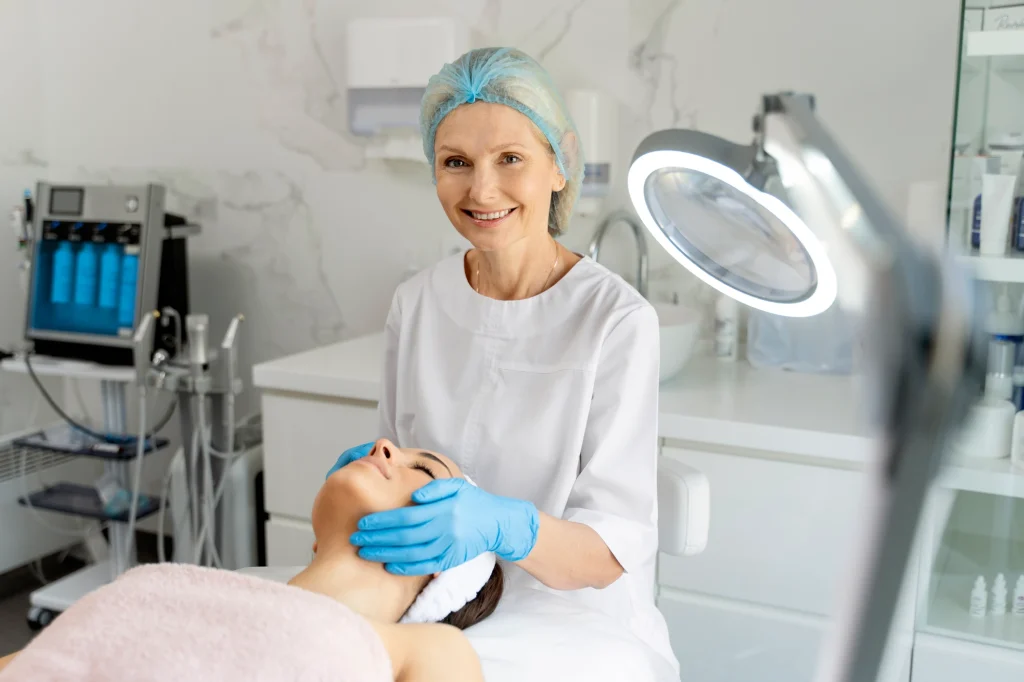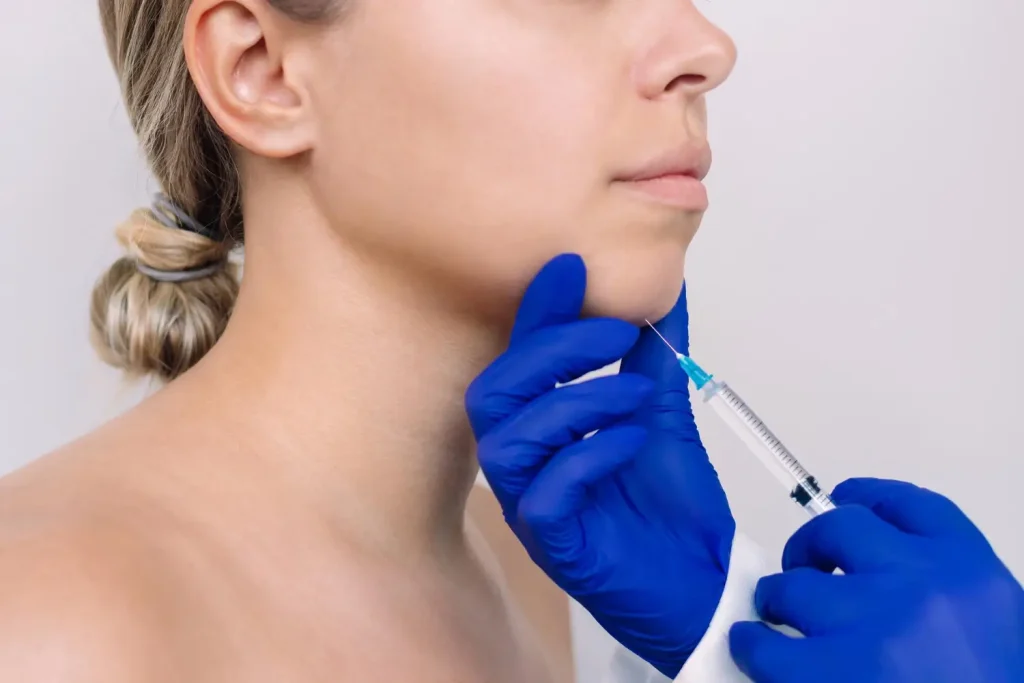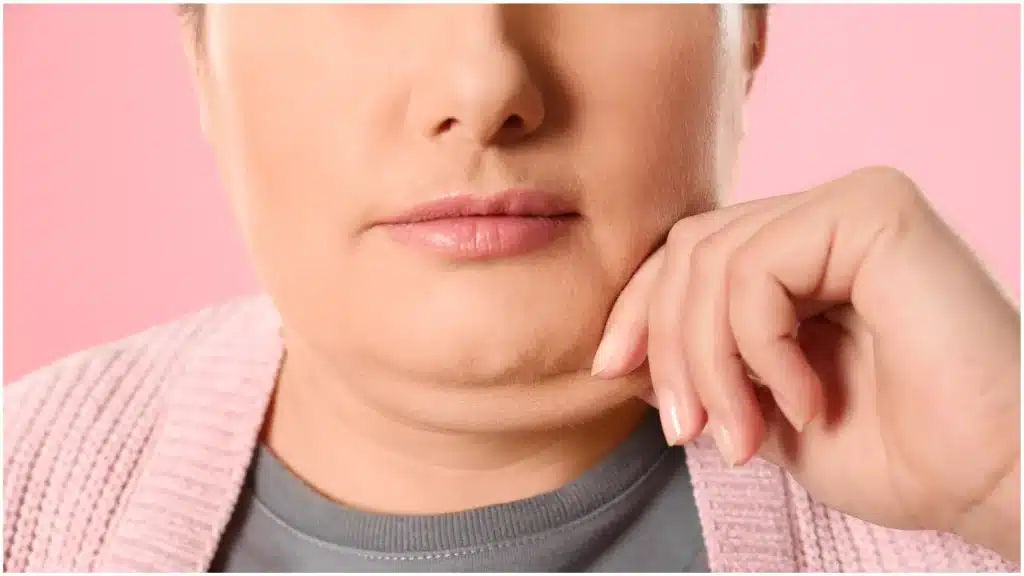Even knowing that smoking is a bad habit for their health, scores of people continue smoking cigarettes. Some may lack a desire to quit, yet others struggle with the reality of nicotine addiction, with seemingly nothing able to rid them of this habit. Despite the increased risk of health complications such as COPD, lung cancer, cardiovascular disease, and myriad others, an estimated 15% of Americans still smoke, resulting in 480,000 or more deaths each year. Doctors regularly advise patients that fall in this demographic, to stop smoking for the sake of their health, though rarely does the message succeed in getting through to them.
As frustrating as it can be treating patients who continue to smoke, new research suggests doctors may have another smoking cessation tool they can rely on: cosmetic surgery. You may be envisioning some sort of smoke barrier for the lungs, or an adjusted lip shape that makes smoking uncomfortable, but the solution is more simple than that. Researchers suggest just the act of quitting smoking for cosmetic surgery causes most patients to cut back on the amount they smoke, some permanently.
The study comes from Dr. Aaron Van Slyke of the University of British Columbia, Vancouver, and colleagues. Like most plastic surgeons, the researchers always instruct patients to avoid smoking for at least two weeks before and two weeks after their surgery. The researchers followed up with 85 patients who were smokers before their surgery five years earlier, with 47 responding to the survey, 42 of whom had been daily smokers. The survey asked the participants for more information about their smoking habits before and after their surgery.
Not surprisingly, many of the smokers chose to ignore their doctor’s instructions, with half of the patients admitting they did not cease smoking two weeks before surgery. Almost a quarter of the patients continued to smoke the same day of their surgery. While those who quit smoking before surgery faced a 14 percent complication rate, those who continued to smoke had a 24 percent complication rate, although the difference was not statistically significant. Two patients who did not stop smoking before surgery faced serious wound-healing complications.
As disheartening as that news may be for plastic surgeons, the study did offer hope. Most patients responded to the survey saying they had reduced the amount they smoke, with about 40 percent saying they no longer smoked daily. Not only that, nearly a quarter of the patients insisted they had not smoked at all since they had their cosmetic surgery. This means having to quit for their cosmetic surgery helped these patients quit permanently.
When the researchers compared their results to those in other groups, and looked at previous research in plastic surgery patients, it seemed the cosmetic surgery patients were more likely to reduce or completely quit smoking long-term. They seemed more motivated to quit than the average person who received smoking cessation counseling from their doctor.
So why were cosmetic surgery patients more likely to quit smoking? The authors suggest that instead of receiving a general description of health benefits after quitting, the patients received a more targeted message, outlining specific examples of what could happen if they smoke before and after surgery. Faced with the possible negative outcomes, many of the patients were more motivated to quit temporarily, and after a month of not smoking, many were able to continue their non-smoking ways.
Although most plastic surgeons require their patients to quit smoking because of the potential for negative outcomes, this research suggests doctors in this situation could have a long-lasting positive effect on their patients’ health. By clarifying the health concerns with smoking before and after cosmetic surgery, doctors can help set their patients on the road to better overall health. It seems a nip-and-tuck or a dermal filler injection really could be an effective smoking cessation tool.
What are the effects of smoking on cosmetic surgery?
Doctors ask their patients to stop smoking before and after cosmetic surgery for good reason. Nicotine acts as a vasocontrictor, limiting the amount of blood that can flow through vessels, and carbon monoxide can also replace oxygen on hemoglobin, reducing the amount of oxygen transported. The flow of blood, and oxygen, to an area is essential for healing, and without adequate blood flow and oxygen supply, patients can be faced with skin necrosis, scarring, and wound separation. If a skin flap does not heal properly, there could be open wounds and infections, and an implant could become exposed. In general, smokers tend to have longer hospital stays and be at greater risk of readmission, so they are more likely to have complications overall.
Not only that, smoking could negate some of the cosmetic surgery’s positive effects. Smoking can cause wrinkles, and correcting those wrinkles may not help for long if the underlying cause of the wrinkling continues. Quitting smoking can have a positive effect on skin overall, reducing the chance of damage from nutrient loss and lack of oxygen, an effect which can be enhanced even further with the use of Stylage.
What other health problems can smoking cause?
Smoking can increase the risk of lung cancer by 25 times or more, and it can also increase the risk of almost any type of cancer, including bladder, colon, and liver cancer, accounting for an estimated one in three cancer deaths. As smoking causes blood vessels to thicken and narrow, blood pressure rises, heart rate increases, and clots can form, leading to coronary heart disease or stroke, which are among the leading causes of death. Blood vessel blockages can also restrict blood flow to skin, legs, and other areas, and this lack of oxygen can trigger tissue and organ damage. Along with lung disease, smoking can also affect bone health, cause tooth loss, increase the risk of cataracts and age-related macular degeneration, cause pregnancy complications, affect immune function, and even increase the risk of type 2 diabetes. Smoking seems to have a wide impact on patient health, affecting every area of the body.
How does quitting smoking improve health?
Along with reducing complications from plastic surgery, and improving overall health, smoking cessation can make measurable improvements to health. Research suggest within five years of quitting, stroke risk can drop to that of a non-smoker, and the risk of mouth, throat, esophagus, and bladder cancers is halved. Ten years after quitting, a smoker’s risk of lung cancer is halved, and within just the first year, the risk of a heart attack drops sharply. The earlier someone can quit smoking, the better.
With all the benefits of smoking cessation, cosmetic surgeons can feel good that they have done their part in reducing the smoking rate. Those dermal filler injections and other treatments really can do so much more than improve patients’ outward appearance.
Medical Spa RX carries a wide range of dermal fillers, body-sculpting injectables, skin creams, and so much more to help you care for your patients’ skin. To learn more or to purchase Restylane Lyft with Lidocaine or other cosmetic products like Stylage, visit MedicalSpaRX.com or contact one of our friendly customer service representatives today.



